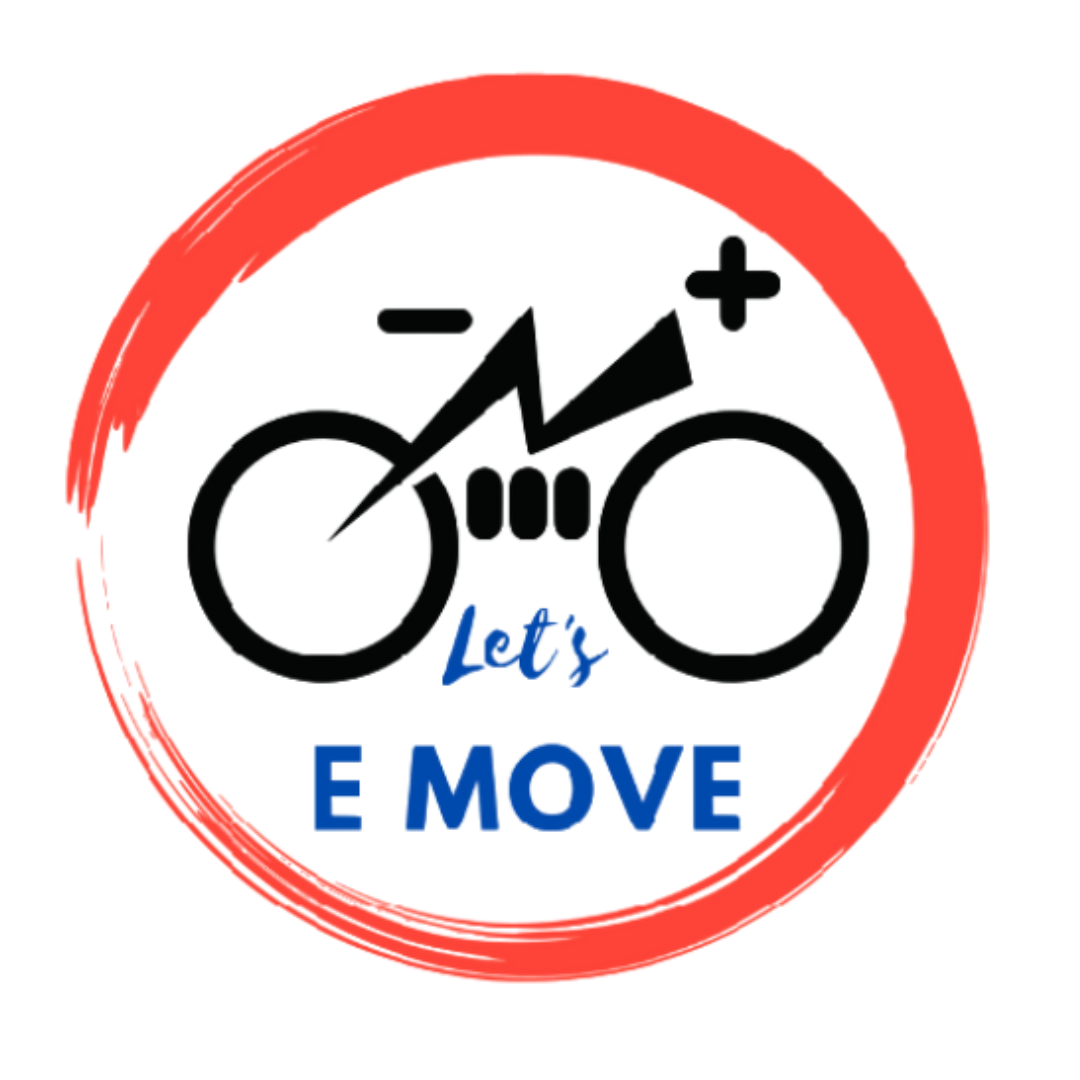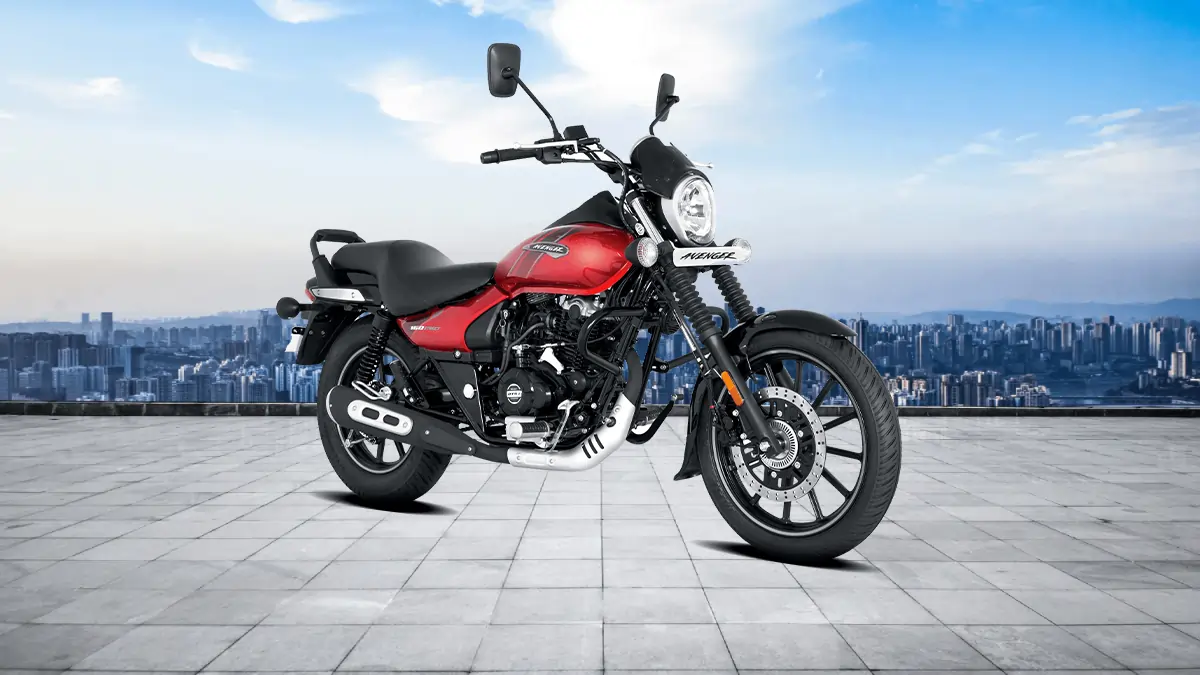
Electric bicycles are growing in popularity worldwide, but high prices prevent widespread adoption. Pre-built e-bikes from major brands often cost ₹30,000 to ₹60,000, limiting ownership mainly to higher income segments.
Dhruv Vidyut offers an innovative solution to democratize access to electric bikes. Their DIY conversion kits allow transforming almost any standard bicycle into a capable e-bike at roughly half the cost of buying a new one.
In this article, we’ll look at how Dhruv Vidyut opens up the benefits of electric cycling to many more socioeconomic segments.
Table of Contents
The Problem of E-bike Affordability

While e-bike sales are rising in India, adoption is constrained by affordability challenges:
- Middle and lower-income families lack disposable income for ₹30,000+ purchases.
- Electric bikes remain perceived as a premium product rather than a transportation necessity.
- Cheaper lead-acid battery packs degrade quickly in India’s hot climate.
- Import duties make foreign-made e-bikes expensive in local markets.
- Lack of financing options – most customers must pay full price upfront.
These factors have limited the growth of electric bikes compared to internal combustion engine two-wheelers.
How Dhruv Vidyut Lowers the Barrier to Entry
Dhruv Vidyut’s electric bike conversion kits cost roughly ₹15,000 to ₹25,000, depending on the motor and battery. Add accessories like a rack or lights and a full conversion can be completed for around ₹20,000 to ₹30,000.
That’s up to half the price or less than buying a similarly capable new e-bike. Some key aspects that enhance affordability:
Cost-effective components – Dhruv Vidyut uses economical parts sourced ethically from domestic suppliers.
Local manufacturing – Avoiding international shipping keeps pricing down.
DIY installation – Consumers perform easy installations themselves, avoiding labor costs.
Pay as you go – Start with the motor first, adding the battery later as the budget allows.
Future-proof – Battery/motor upgrades are possible instead of a new bike.
These factors combine to make owning an electric bike attainable by lower and middle-class families.
Read Also: Go Green: Convert to an E-Bike with Dhruv Vidyut’s Retrofit Kit
Increased Access for Rural, Urban and Peri-Urban Populations
In addition to income brackets, Dhruv Vidyut aids e-bike adoption across geographic segments:
Urban – Affordable electric conversion ideal for city commuting and errands where parking and charge points are available.
Peri-urban – Electric assist extends bicycle commuting range across longer distances between outskirts and city centers.
Rural – Battery range enables farm, village, and market transportation needs beyond human-powered distance limits.
By making electric bicycles affordable to wider populations, Dhruv Vidyut promotes energy access and independence for transportation disadvantaged communities.
Comparison to Other E-bike Options

How does Dhruv Vidyut’s pricing and accessibility compare to other electric bike alternatives in India?
Pre-built e-bikes – As discussed, major brands like Hero, Avon, SmartE, etc. sell complete electric bikes at ₹30,000 to ₹60,000 – often unaffordable on modest incomes.
Other DIY kits – SmartE, Volta, Dash, and some startups offer conversion kits starting around ₹40,000 – still too expensive for many buyers.
Lead-acid batteries – Cheap but low performance. Don’t last in India’s high temperatures.
Second-hand e-bikes – Used e-bikes depreciate quickly and have worn-out batteries—and high repair costs.
E-scooters – Less versatile than electric bicycles and may still cost ₹30,000+.
Dhruv Vidyut stands out by making electric bikes attainable for the average Indian family using DIY conversions.
Financing Options to Further Improve Accessibility
While Dhruv Vidyut‘s kits are priced affordably upfront, additional financing can ease purchases further:
- Low-interest bank loans and payment plans spread cost over months/years.
- Microfinance group loans enable communal ownership within villages.
- Rental schemes allow trying before buying with flexible terms.
- Government electric vehicle subsidies reduce purchase prices.
- Corporate EMI salary deductions make payment automatic.
Expanded financing makes ownership possible even for low-income households by minimizing upfront cash requirements.
How Widespread Adoption Accelerates Improvements
Increasing market share for conversion kits like Dhruv Vidyut’s has a snowball effect that can accelerate capabilities:
- Economies of scale reduce unit costs of motors, batteries, and components.
- Familiarity with DIY installs increases consumer comfort.
- Mainstreaming drives technical improvements as competition enters the space.
- Public policy shifts toward better e-bike infrastructure when adoption hits critical mass.
- Environmental benefits multiply as more switch from petrol bikes and cars.
While already revolutionary, conversion kits are just scratching the surface of their potential. Broadening access inspires the ecosystem to embark on the path.
Conclusion
Dhruv Vidyut has cracked the code on making electric bikes affordable through creative e-bike conversion kits costing thousands less than complete e-bikes.
This democratization of access opens electric mobility to huge new socioeconomic segments previously priced out of the market.
As electric bike technology is made available to the masses, India stands to reap mobility environmental and economic benefits from this disruption. Dhruv Vidyut represents the vanguard of that transformation.
What do you think? Does DIY e-bike conversion truly have the potential to electrify transportation for the many rather than the few?







